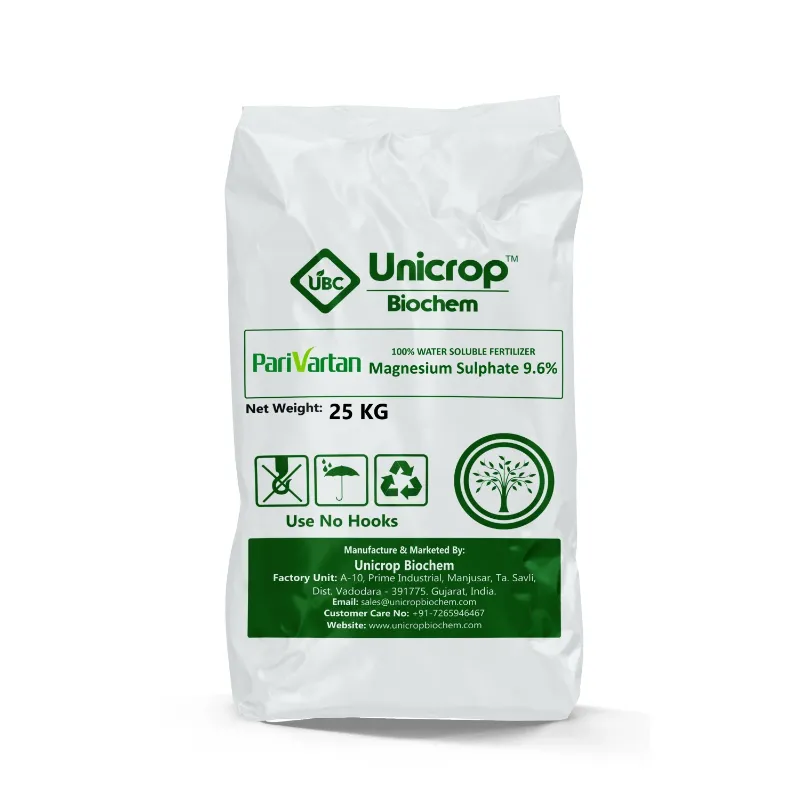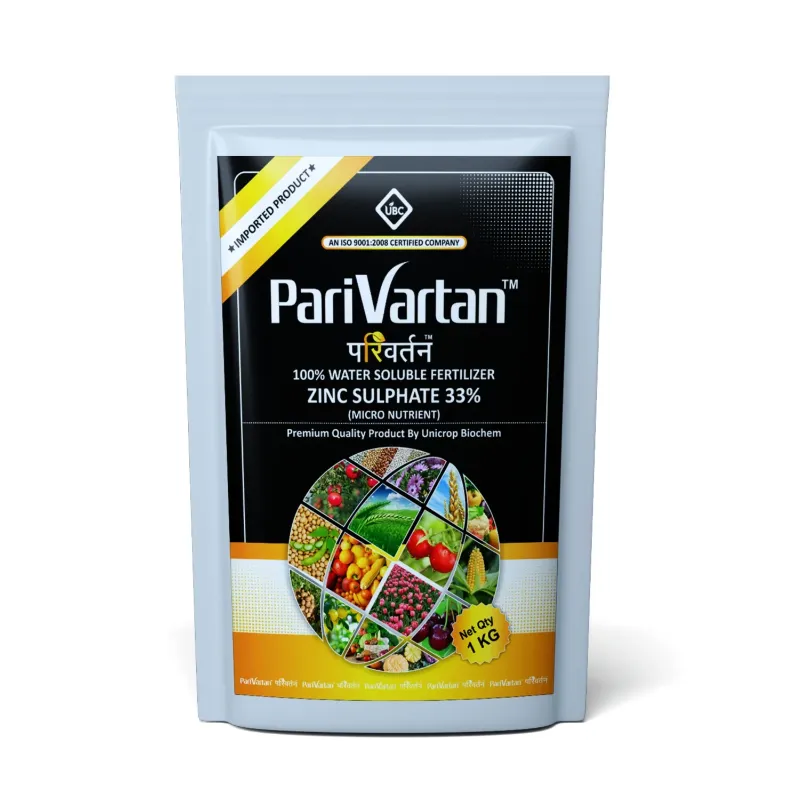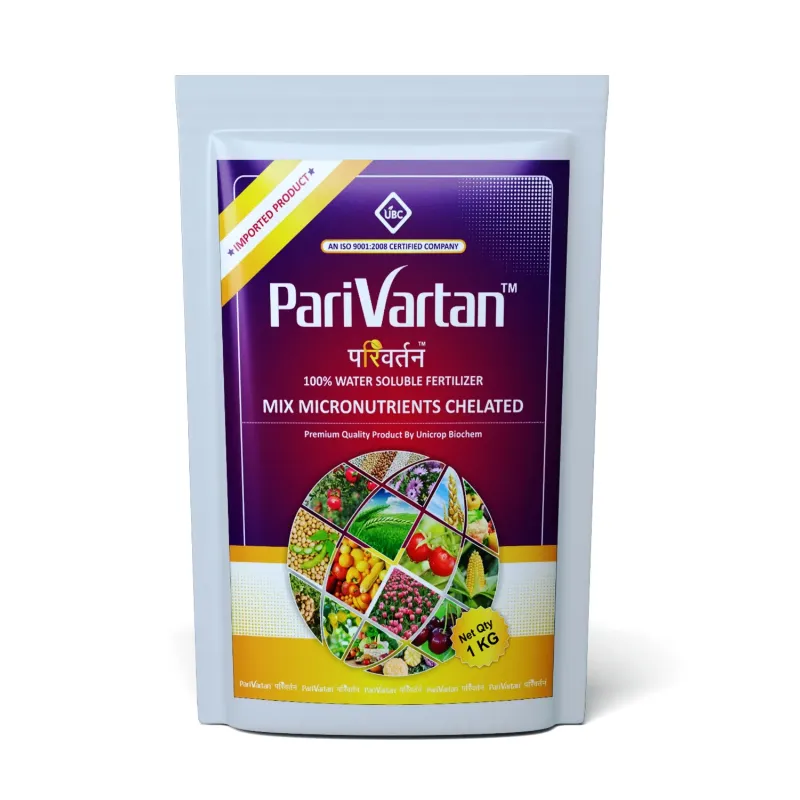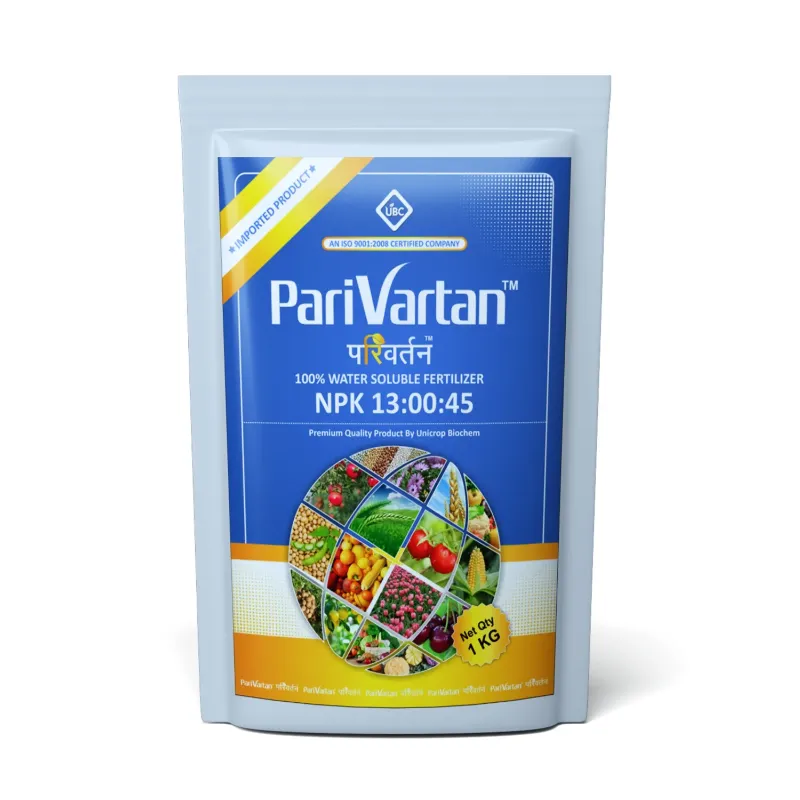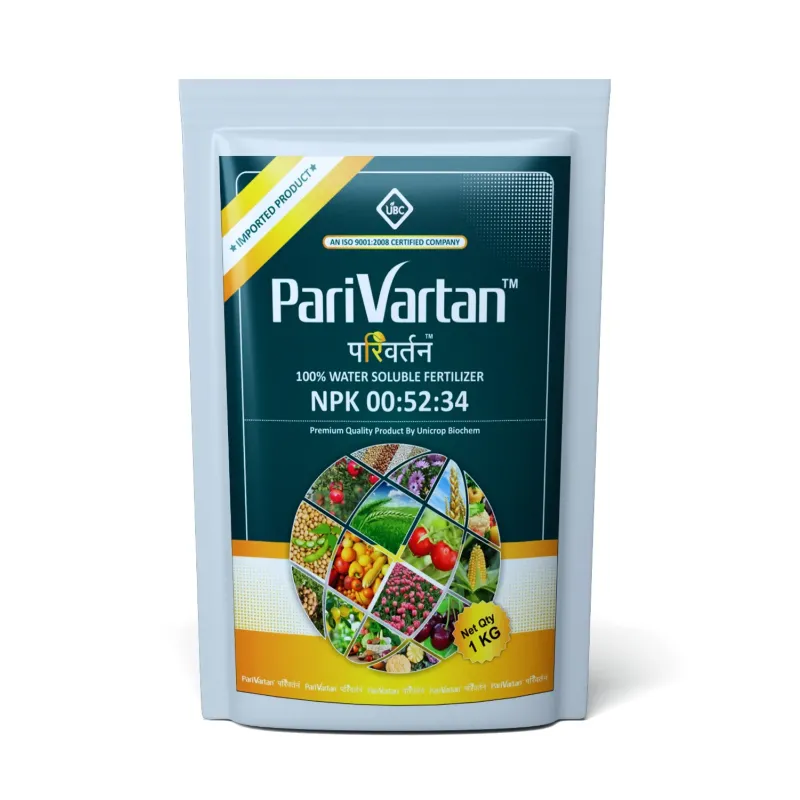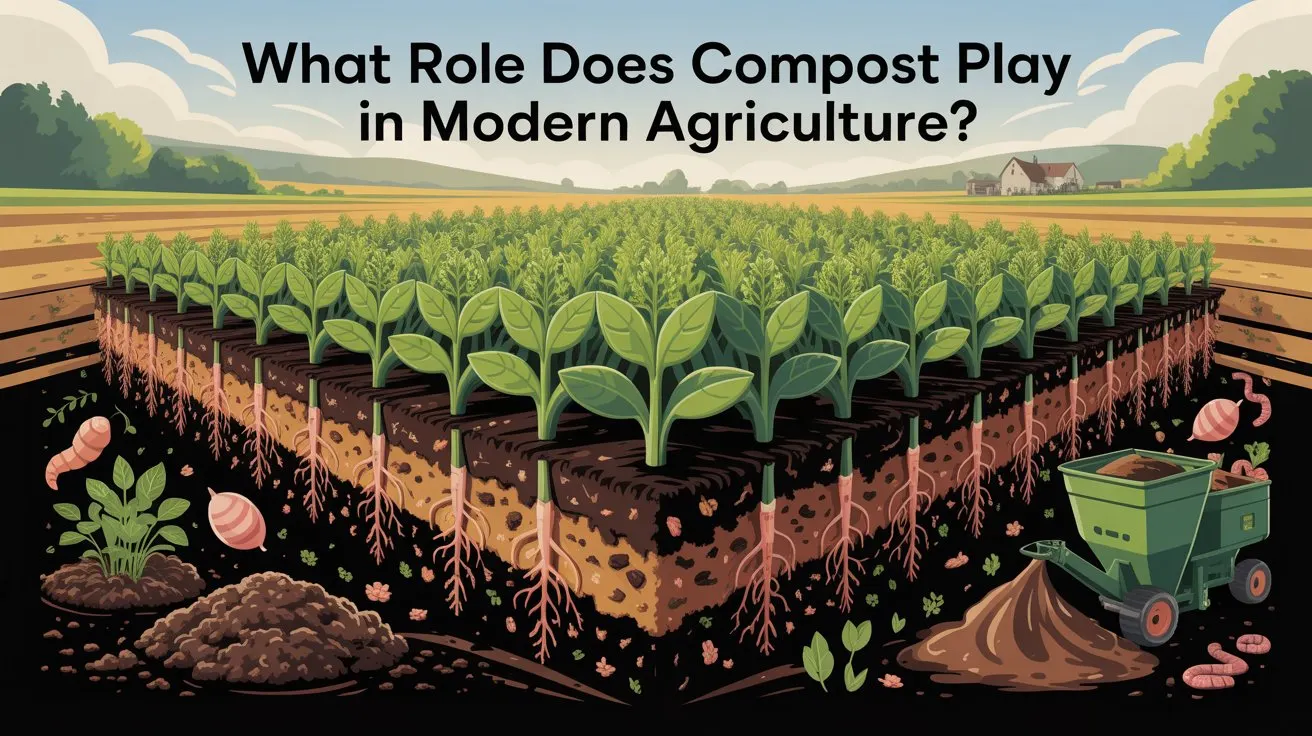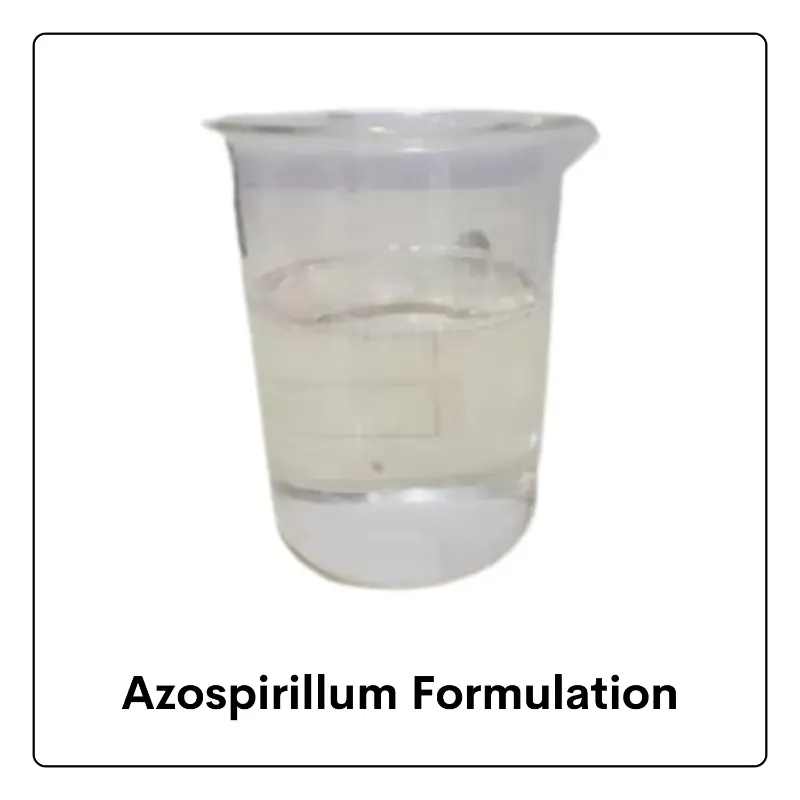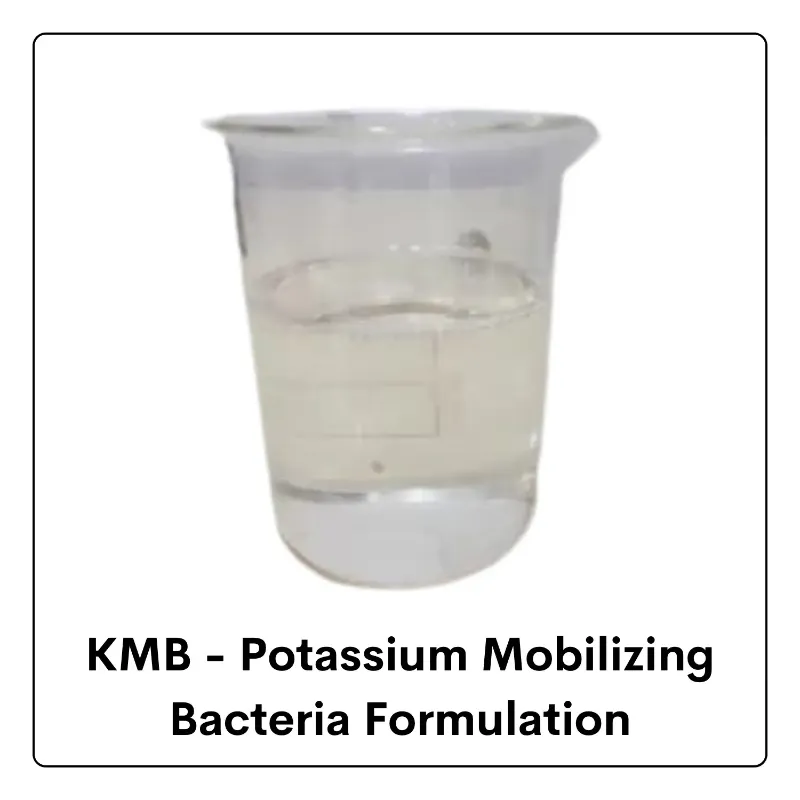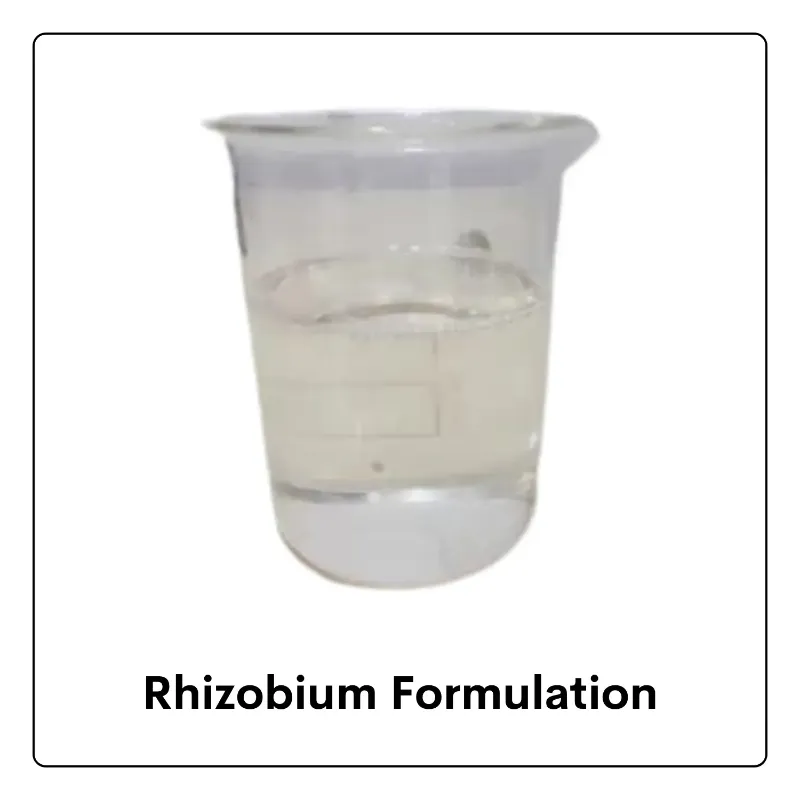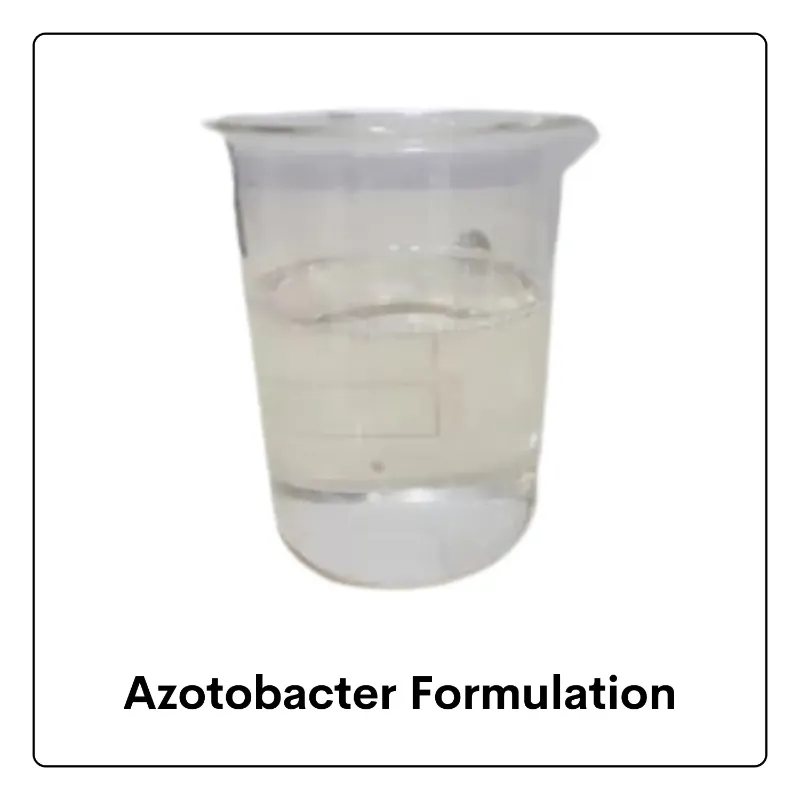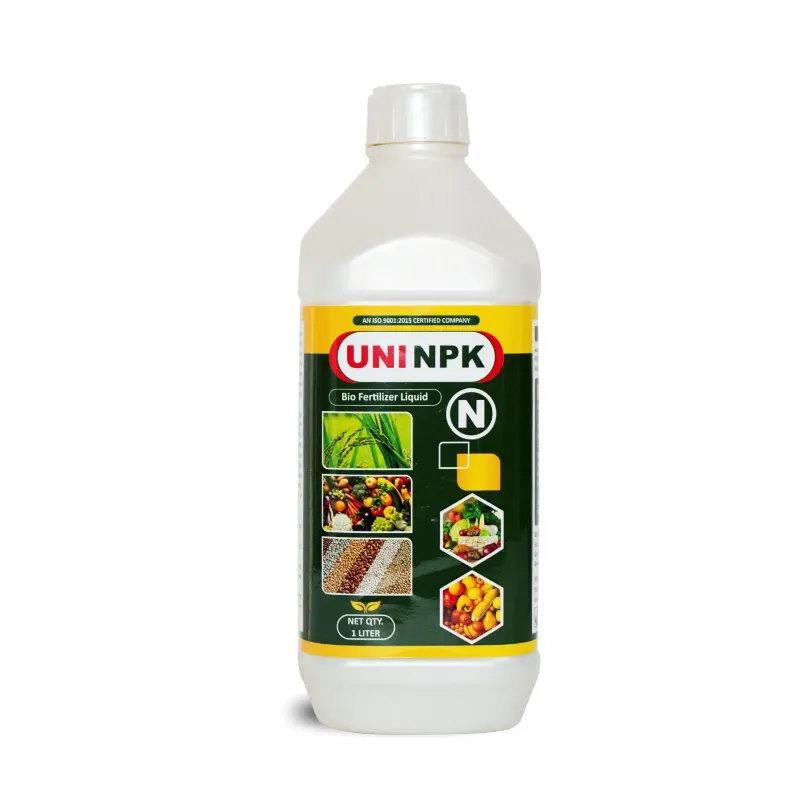Compost has long been heralded as a cornerstone of sustainable agriculture, offering a range of benefits that enhance soil health, improve crop yields, and support environmental sustainability. In modern agriculture, composting practices are increasingly recognized for their ability to transform organic waste into a valuable resource. In this blog, we’ll explore the multifaceted role of compost in modern agriculture, its benefits, and how it contributes to a more sustainable farming system.
Understanding Compost
Compost is a natural product resulting from the decomposition of organic materials such as plant residues, animal manures, and food scraps. This process, known as composting, involves the breakdown of organic matter by microorganisms, turning it into a dark, nutrient-rich material known as compost.
Benefits of Compost in Modern Agriculture
1. Enhancing Soil Fertility
One of the primary roles of compost is to enhance soil fertility. Compost enriches the soil with essential nutrients that plants need to grow, including nitrogen, phosphorus, and potassium. Unlike chemical fertilizers, compost releases these nutrients slowly over time, providing a steady supply that supports long-term plant health.
In addition to macronutrients, compost also supplies micronutrients that are often missing in synthetic fertilizers. This comprehensive nutrient profile helps ensure that plants receive a balanced diet, leading to improved growth and productivity.
2. Improving Soil Structure
Compost plays a crucial role in improving soil structure. When added to soil, compost helps to:
- Increase Soil Aeration: Compost improves soil porosity, allowing air to circulate more freely. This enhances root development and overall plant health.
- Enhance Water Retention: Compost increases the soil’s water-holding capacity, reducing the need for frequent irrigation and helping plants survive periods of drought.
- Promote Soil Aggregation: The organic matter in compost helps bind soil particles together, forming stable aggregates that improve soil texture and reduce erosion.
3. Supporting Soil Microbial Activity
Healthy soil is teeming with beneficial microorganisms that play a vital role in nutrient cycling and disease suppression. Compost provides a habitat and food source for these microorganisms, promoting a diverse and active soil microbial community.
The increased microbial activity helps decompose organic matter, release nutrients, and protect plants from soil-borne pathogens. This enhanced microbial environment contributes to healthier, more resilient plants.
4. Reducing Soil Erosion
Erosion is a significant issue in agriculture, leading to the loss of valuable topsoil and reduced soil fertility. Compost helps combat soil erosion by improving soil structure and promoting vegetation growth.
The improved soil structure created by compost reduces surface runoff and enhances water infiltration, which decreases the likelihood of erosion. Additionally, the organic matter in compost supports the growth of ground cover plants that further protect the soil from erosion.
5. Minimizing Waste and Promoting Sustainability
Composting is a sustainable practice that helps manage organic waste effectively. By converting plant and animal residues into compost, agricultural operations can reduce the volume of waste sent to landfills.
This not only helps decrease greenhouse gas emissions associated with landfill decomposition but also turns waste into a valuable resource. Using compost as a soil amendment supports a circular economy and contributes to sustainable farming practices.
How Unicrop Biochem Supports Composting
Unicrop Biochem recognizes the importance of compost in modern agriculture and offers products that complement composting practices. Their range of biofertilizers and soil amendments can enhance the benefits of compost by:
- Improving Nutrient Availability: Products like Azoto-N Biofertilizer can boost nitrogen levels in compost-amended soils, further enriching the nutrient profile.
- Enhancing Soil Health: Unicrop’s Seaweed Extract provides additional growth-promoting compounds that support soil health and plant vigor.
Practical Tips for Using Compost
To make the most of compost in your agricultural practices:
- Apply Compost Regularly: Incorporate compost into your soil on a regular basis to maintain soil health and fertility.
- Use Proper Application Rates: Follow recommended application rates to avoid over-application, which can lead to nutrient imbalances.
- Combine with Other Practices: Use compost in conjunction with other sustainable practices, such as crop rotation and cover cropping, to further enhance soil health.
Conclusion
Compost plays a vital role in modern agriculture by enhancing soil fertility, improving soil structure, supporting microbial activity, reducing erosion, and promoting sustainability. By integrating compost into agricultural practices, farmers and gardeners can create healthier soils, boost crop yields, and contribute to a more sustainable farming system. With the support of products from Unicrop Biochem, such as biofertilizers and soil amendments, the benefits of compost can be further amplified, leading to a more productive and environmentally friendly approach to agriculture.
